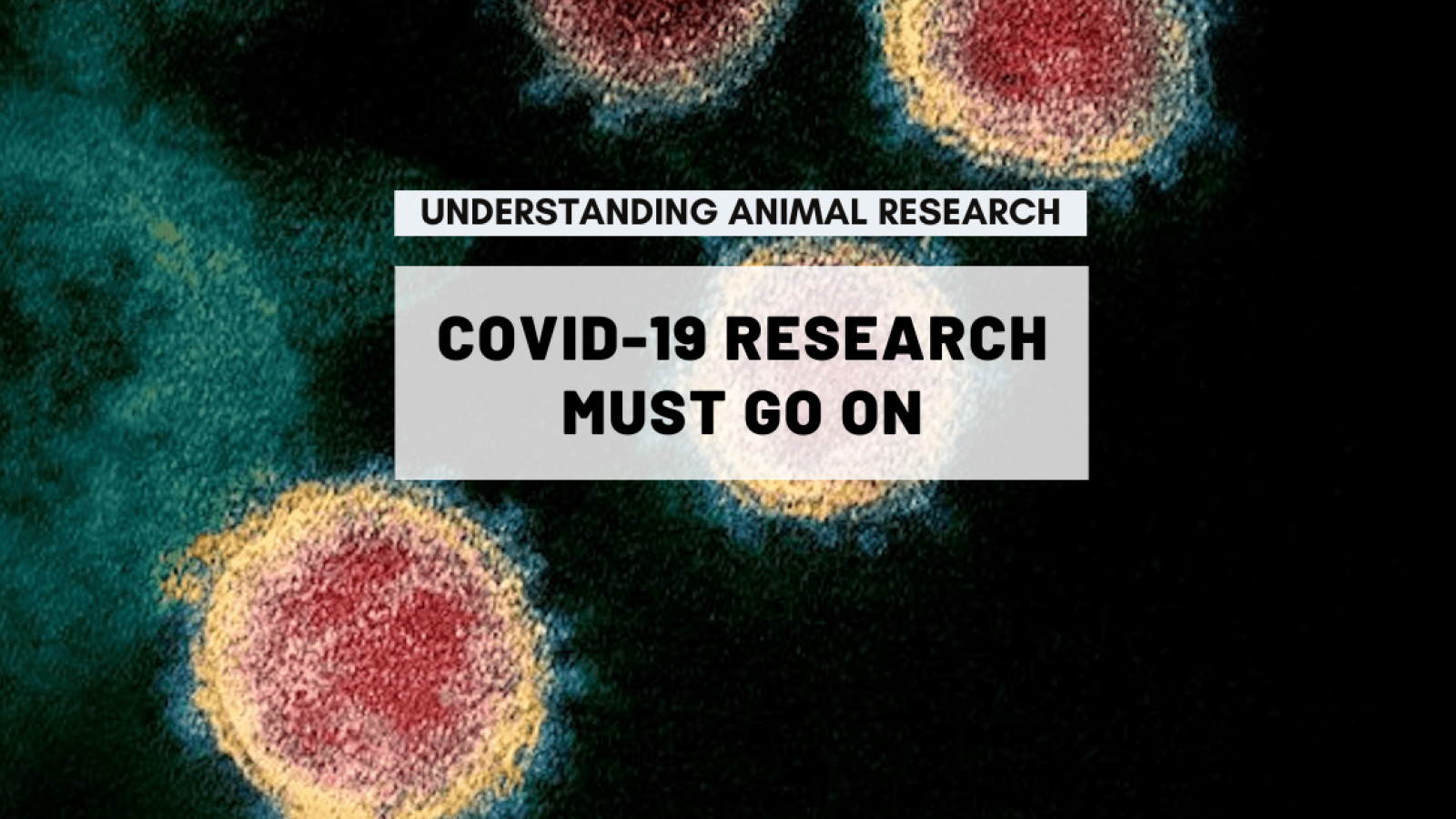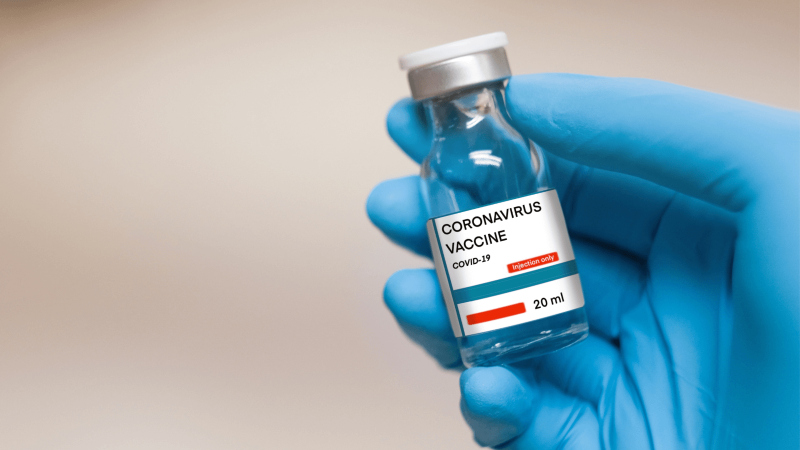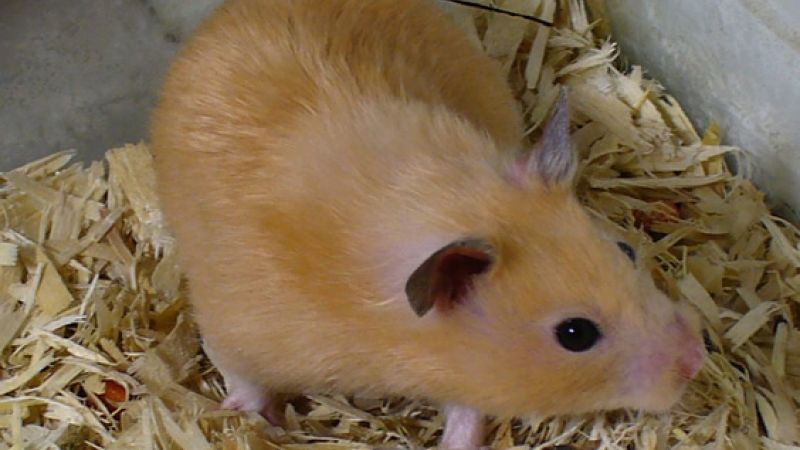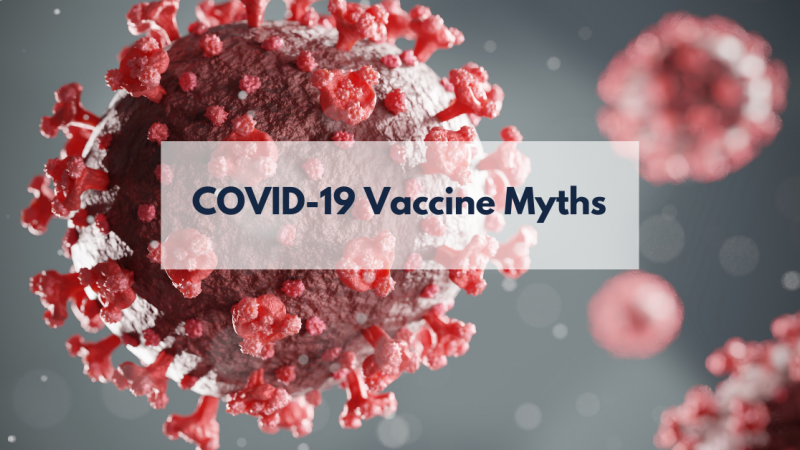It’s been one year. One year since the first vaccine against COVID-19 began to be rolled out in the UK and one year since we’ve begun to have a protection against COVID-19. Looking back the development and the production of the vaccine was an incredible feat. Researchers came together with one objective: fighting the pandemic coronavirus as quickly and as safely as possible. They identified the virus, studied it, found and safety-tested a vaccine, all in record time.
But discovering the vaccine has not meant the end of COVID-19 research. A lot has happened in the last year.
“There is still a whole raft of scientific collaborations working on new vaccines, but also looking at variants of concern,” explains Professor Miles Carroll, Deputy Director at the UK Health security agency.
Professor Carroll has been involved in the evaluation of novel therapeutics against SARS-CoV-2 and also in the pre-clinical (efficacy and safety) evaluation of the vaccines that were rolled out.
“With every new variant, the same harrowing question comes up: is the new variant going to be able to get around vaccine immunity and prior immunity and be at the core of a significant disease again? Fortuitously that hasn’t been the case with the variants we’ve seen so far.”
It is natural for a virus to evolve. One of the fears is that the pressure to compete with our immune system but also other variants of the same virus, causes mutations that could increase the severity of the viral infection and also the transmission rate.
“New variants could escape neutralization, so it’s essential that we keep looking for new solutions to the problems the virus throws at us as it evolves,” adds Prof Carroll.
Every time a new vaccine is made against a new variant, even if the changes are very slight, the researchers must go through all the lab and animal safety testing processes again.
“A lot of it is regulatory requirements. When we make a physical new product, if it is different enough from something you’ve already shown as safe, we have to do those safety tests again. We would basically be making a new vaccine so we would need to show that the new one is safe and efficacious in animal models as well,” explains Prof Carroll.
New therapeutics and updated vaccines are proven using animals but a lot of the research still going on in animals is assessing the pathogenicity of the new variants, how easily do they transmit and how dangerous are they.
The SARS-CoV-2 virus is able to infect a whole array of different animal species.
“It can change slightly to adapt and infect minks for example," says Professoe Carroll. “We are primarily looking at non-human primate models which obviously are the highest models in terms of ethical considerations but also the closest to human. Ferret and hamster are also used. The hamster model particularly has been a really great breakthrough, as it parallels what you see in severe disease in humans. A ferret might represent a healthy individual that hardly gets any pathology and disease, whereas a hamster mimics more severe disease that you see in the elderly and those with comorbidities.”
“Without animal research we wouldn’t have any vaccines today. Animal models and preclinical studies have been pivotal in showing that vaccines are safe and work. Notably, our animal technicians at Porton Down played a pivotal role in all these studies. Without them none of the work we did on vaccine development, testing new therapeutics, assessing transmission, would have been possible.”
And these efforts and models will still be relevant for the future.
“Only if the virus behaves itself and doesn’t stray away from the spike proteins that are in the current vaccines, can we expect the research to somewhat slow down. However, we still have to be monitoring these changes, to be ready to respond in case it does provide or produce another really problematic situation.”
Researchers need to keep abreast of new pathogenic outbreaks as they occur.
Professor Carroll concludes: “We need expertise and research into viruses in peacetime so when one does emerge and become an outbreak, an epidemic or a pandemic, we have the tools and expertise to rapidly intervene, including with vaccines. Knowledge from this current pandemic will benefit future epidemics too for sure.”
Last edited: 29 July 2022 10:18




